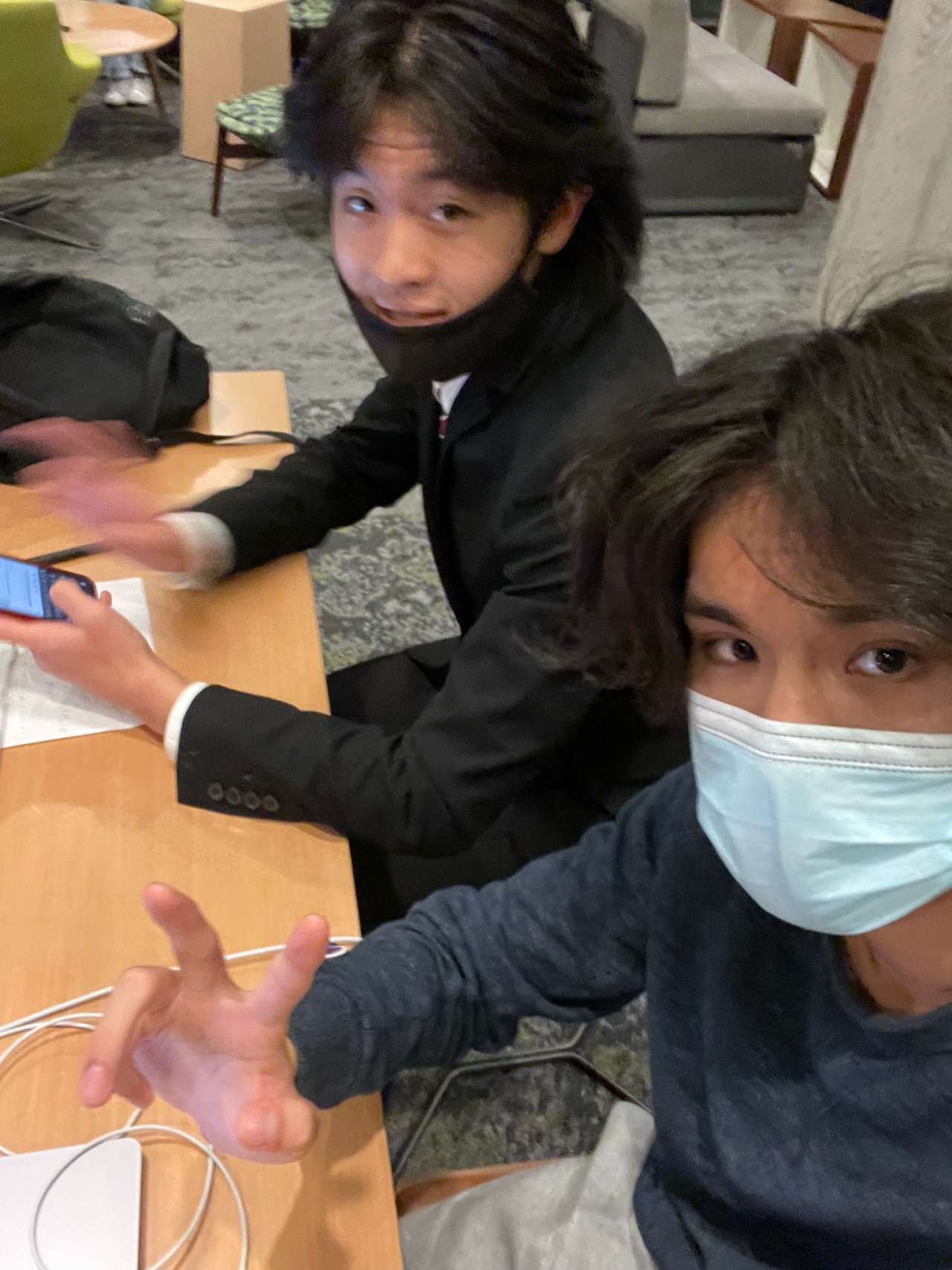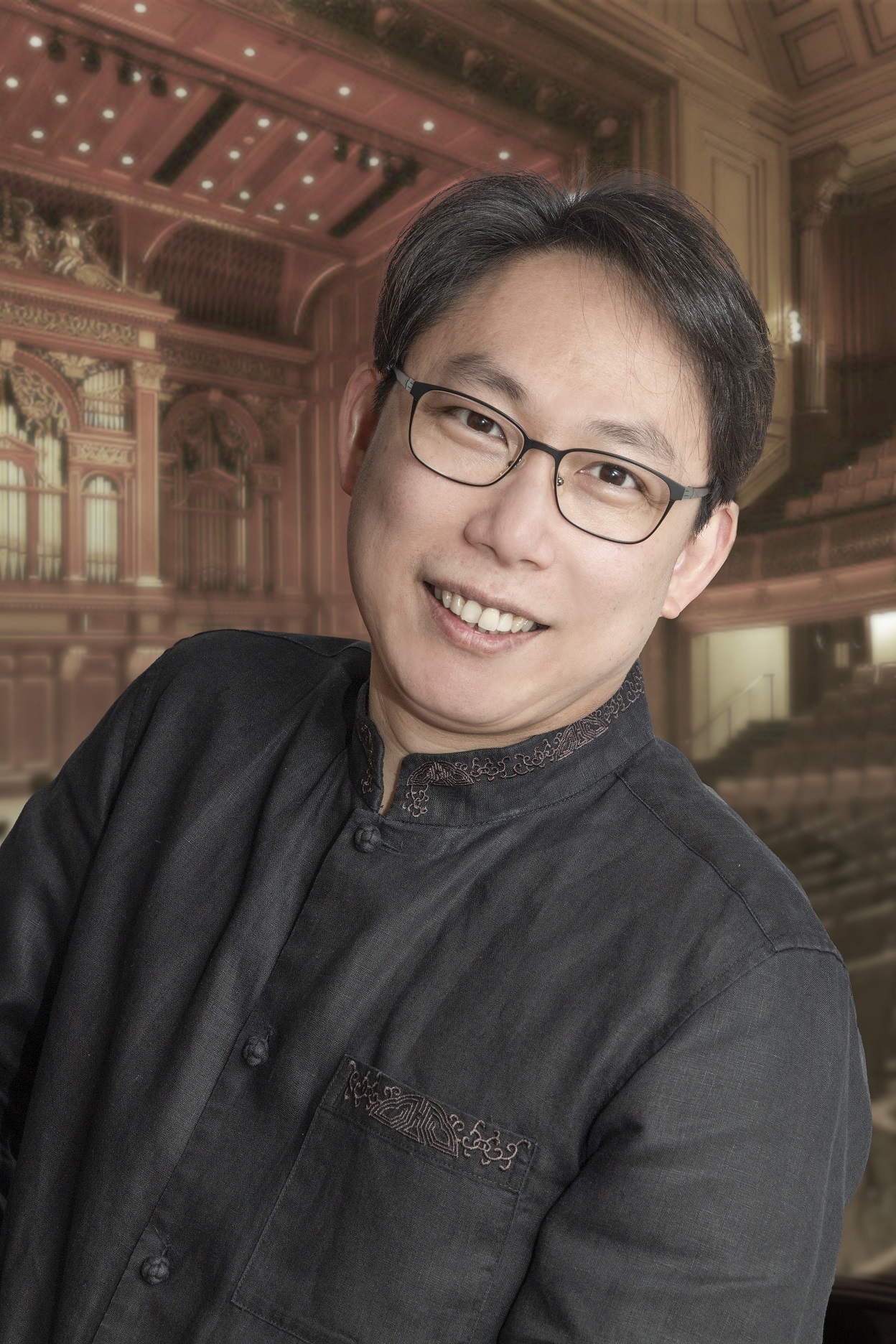Sean Wang - What's In A Name And How We Talk About It
Have you ever stopped to think about names, really think about them? It's almost like they carry their own little stories, isn't it? When we hear a name like "Sean Wang," we might just picture a person, but there's a whole lot more to the "Sean" part than meets the eye, or the ear, for that matter. It's a name that has some interesting roots and even a few quirks when it comes to how we use it in everyday talk. So, let's just say we're going to explore some of those fascinating points about the name "Sean" and how we often put words together, especially when someone like "Sean Wang" comes up in conversation.
You see, the name "Sean" has a rather interesting past. It's actually a way that the Irish language took the English name "John" and made it sound, well, Irish. It’s like giving a familiar word a new sound that fits right in. This kind of change happens a lot in languages, where sounds and spellings shift over time, making names a little different from one place to another. So, when you hear "Sean," you're hearing a bit of that linguistic history, which is pretty neat.
And it's not just the origin that's interesting. The way we say "Sean" and how we use pronouns with names like "Sean Wang" can sometimes make us pause. Do we say "my wife and I" or "my wife and me"? What about when we want to really put some emphasis on someone, like saying "Sean Wang himself"? These little language puzzles are actually quite common, and figuring them out helps us speak more clearly and, in a way, sound more natural. We'll look at some of these common questions people have about using words and names, too.
Table of Contents
- A Look at the Name Sean - What's Behind "Sean Wang"?
- Does Sean Sound Different - Like Sean Connery?
- "My Wife and I" or "Me and My Wife" - What's the Deal with "Sean Wang" and Grammar?
- When Do We Use "Myself" - Is It for "Sean Wang"?
- Past Actions - "Sean Wang" and the Present Perfect?
- Famous Connections - Who Else Shares the Name with "Sean Wang"?
The provided source material focuses on the linguistic aspects of the name 'Sean' and related grammatical points, rather than biographical details about a specific individual named Sean Wang. Therefore, a personal biography and data table cannot be created from the given text.
A Look at the Name Sean - What's Behind "Sean Wang"?
So, you know, the name "Sean" is pretty common, but did you ever think about where it comes from? It's actually a way that the Irish language took the English name "John" and made it its own. This process is kind of like taking a word from one language and giving it a makeover so it sounds right in another. It's not just a simple spelling change; it’s about how sounds work in different languages. This means that if you meet a "Sean Wang," the "Sean" part of their name carries a bit of this language history, which is pretty cool.
How Does the Name Sean Connect to "Sean Wang"?
When we say "Sean" is a "hibernization" of "John," it just means it's been changed into an Irish form. This happens so it can be spoken easily and naturally by Irish speakers. It’s like how different countries have their own versions of common names. For someone named "Sean Wang," this little piece of information shows how a name can travel across cultures and languages, picking up new sounds and spellings along the way. It’s a neat way to think about how names connect people to different parts of the world, in some respects.
Does Sean Sound Different - Like Sean Connery?
You might have noticed that some names, especially those with an "s" followed by a vowel in Irish or Scottish Gaelic, sound a bit different from what you might expect. Think about how someone like Sean Connery says his own name. It's not quite a sharp "s" sound, is that right? It tends to be more like a "sh" sound. This is a common pattern in those languages, and it's one of those little details that makes names interesting to hear. It’s just a little bit of a different way to make the sound.
Understanding Sean's Sound in "Sean Wang"
When you hear "Sean," especially from someone who speaks Irish or Scottish Gaelic, that "sh" sound often comes out naturally. It's a bit like the "sh" in "shoe." This is why, if you know a "Sean Wang," and you're curious about how "Sean" is typically spoken, listening to people like Sean Connery can give you a pretty good idea. It shows how the spelling of a name doesn't always tell you exactly how it will sound, and how regional accents or language backgrounds can change things, too.
"My Wife and I" or "Me and My Wife" - What's the Deal with "Sean Wang" and Grammar?
One of the little puzzles people often face in English is deciding whether to say "my wife and I" or "my wife and me." It’s a common question, and you see it come up a lot. For example, if you're talking about going to a game with "Sean Wang," do you say "They went to the game with Sean Wang and I" or "They went to the game with Sean Wang and me"? The simple way to figure it out is to take the other person out of the sentence. If you were just going to say "They went to the game with me," then you use "me." If you'd say "I went to the game," then you use "I." It's pretty straightforward, really.
Getting Pronouns Right When Talking About "Sean Wang"
When you're making a list of people, like "my wife and I" or "me and John," there's a polite custom to put yourself last. So, "with John and me" is generally preferred over "with me and John," especially in formal writing or at school. But honestly, in everyday chat, you hear both. It’s just a little courtesy thing, you know? When you're talking about someone like "Sean Wang" and yourself, it’s good to know these little rules, but people usually understand you either way. The main thing is to be clear about who you're talking about, apparently.
When Do We Use "Myself" - Is It for "Sean Wang"?
Sometimes, people use words like "myself" or "himself" when they want to put extra importance on someone. For instance, if you heard someone say, "Sean Wang himself made the decision," they're trying to show that Sean Wang, and no one else, was the person who did it. This is a normal way to use these kinds of words in English. It's not about being wrong; it's about adding a bit of weight to what you're saying. It’s like saying, "It wasn't just *someone*, it was *that very person*."
Emphasizing "Sean Wang" with Reflexive Words
When you use "myself," "himself," "herself," and so on, it's often to really highlight that the person you're talking about was directly involved or that they are the specific one you mean. So, if a speaker wanted to make it very clear that they, personally, were part of a group, they might say "I myself was there." This is perfectly fine. Similarly, if you want to stress that "Sean Wang" was the one who did something, saying "Sean Wang himself" is a perfectly good way to do it. It's a way to give your words a little extra punch, you know?
Past Actions - "Sean Wang" and the Present Perfect?
There are these two ways we talk about things that started in the past and are still true now, or have an effect now. You might hear "I have been working here for 20 years" or "I have worked here for 20 years." People often wonder what the real difference is between these two sentences. The first one, "have been working," often suggests that the action is still going on, or it's a continuous thing. The second, "have worked," can mean the action is finished, or it's just a general statement about experience up to now. It's a bit subtle, but it's there.
Talking About "Sean Wang's" Experiences
So, if you were talking about "Sean Wang" and his career, you might say, "Sean Wang has been teaching for a long time," meaning he's still doing it. Or, "Sean Wang has taught many students," which just tells us about his experience over time, possibly without saying if he's still teaching right now. Both are correct, but they give a slightly different feel to the story. It's about choosing the words that best fit what you want to tell someone about someone's ongoing or completed experiences, like your friend "Sean Wang's" work history, perhaps.
Famous Connections - Who Else Shares the Name with "Sean Wang"?
It's always kind of fun to see who else shares a name with someone you know, isn't it? The name "Sean" is pretty well-known, and you might have heard it associated with some famous faces. For example, there was a time when Scarlett Johansson and Sean Penn were seen together, and that certainly got people talking. It just goes to show that names can pop up in all sorts of places, sometimes connected to well-known personalities. It’s like, you hear a name, and it just kind of sticks in your mind, usually.
Other Noteworthy Seans - Beyond "Sean Wang"
So, while we're talking about names, it's pretty clear that "Sean" has a place in popular culture, too. From actors like Sean Connery, whose pronunciation of his name we touched on earlier, to others like Sean Penn, the name has been carried by many people who have made their mark. It's just a way to connect the dots, in a way, between the name you might hear every day, like "Sean Wang," and the broader world of people who share that same name. It's kind of neat to think about the different paths a name can take, don't you think?

Sean Wang, Trombone — Columbia Pops

Sean’s Fall 2021 on Tumblr

Sean Wang | Music